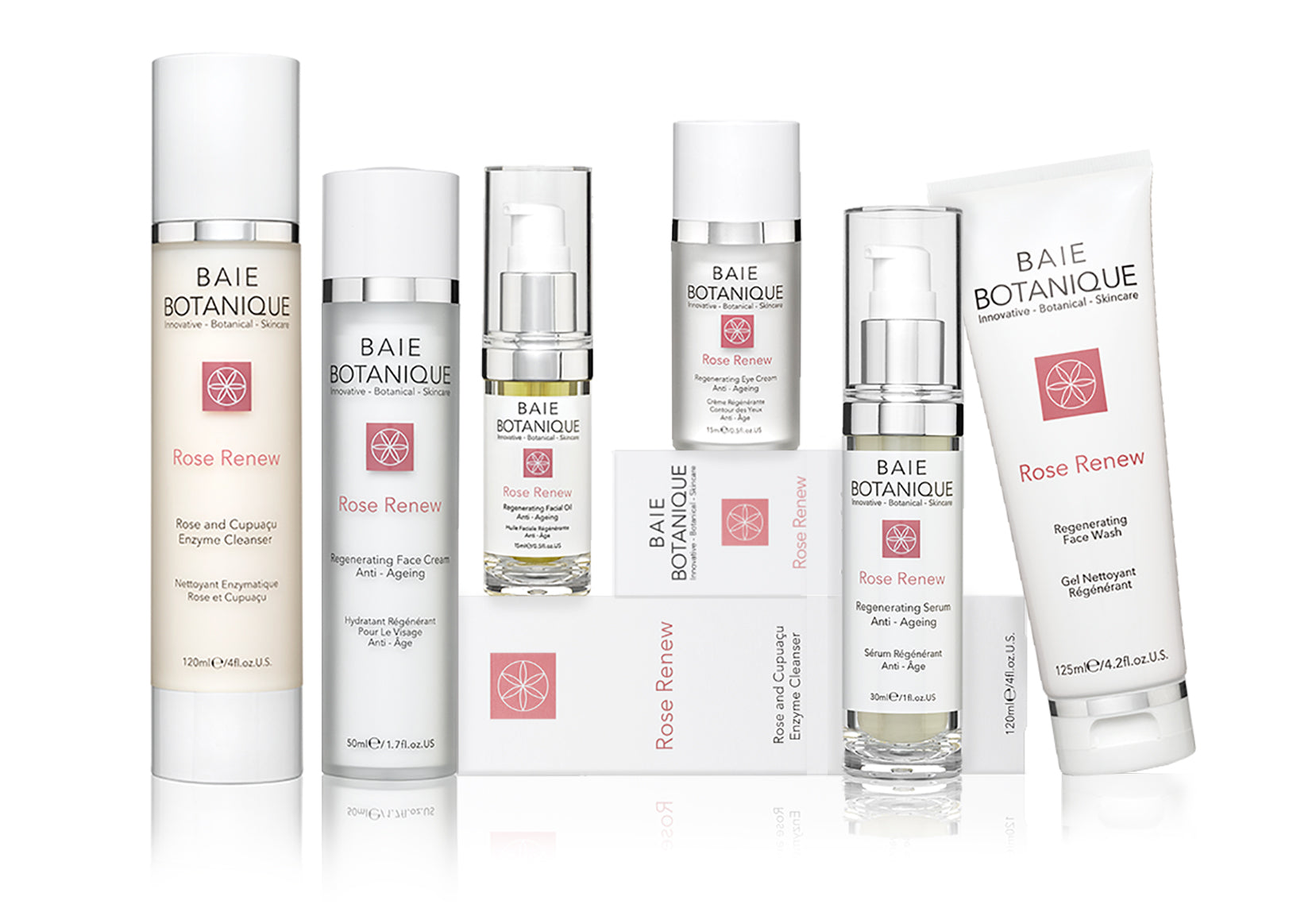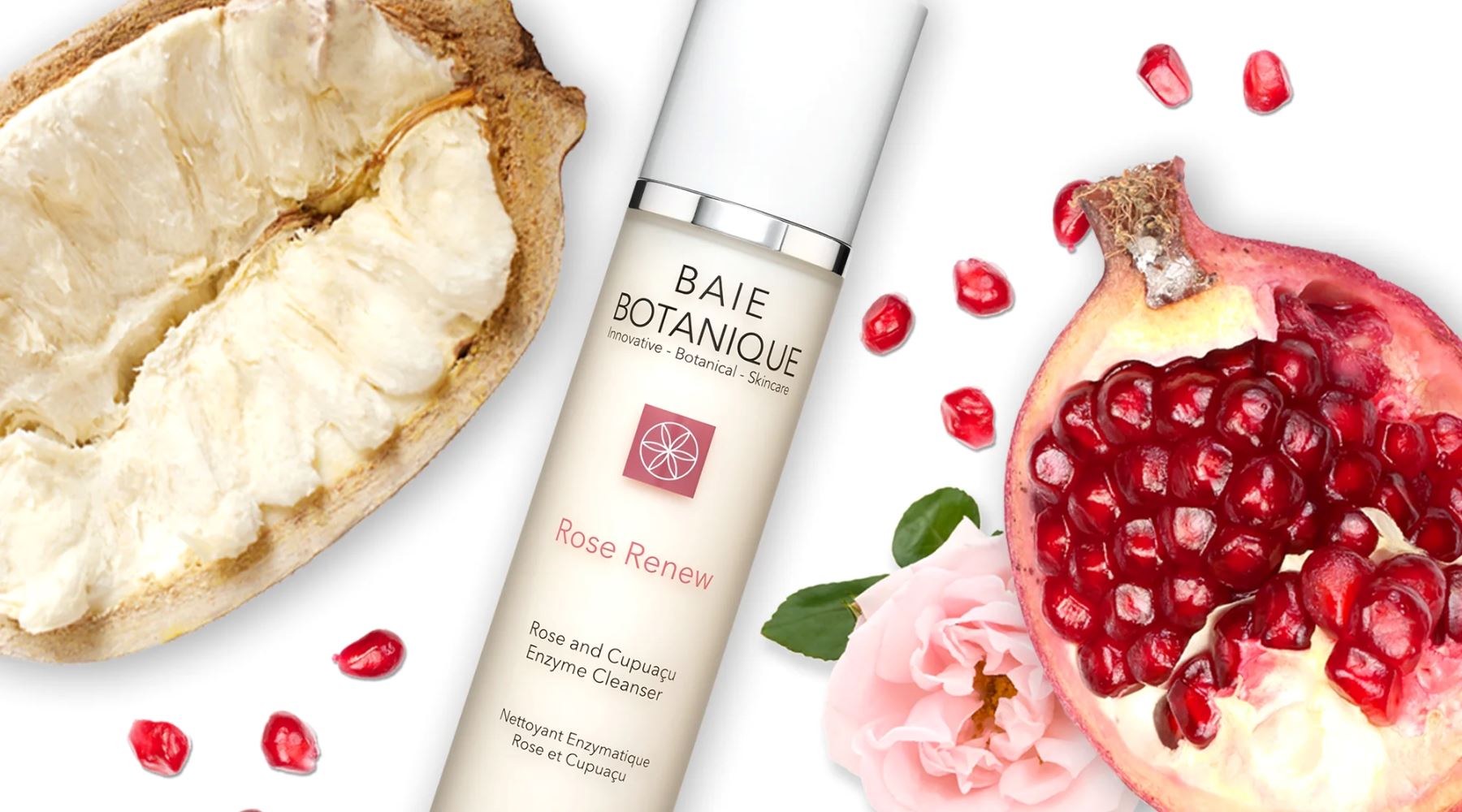
5 Ways Nutrition Impacts Your Skin
We’ve all heard the saying ‘you are what you eat’, but this really rings true when it comes to skincare. Every cell in your body is made up of the vitamins, minerals and macronutrients that you eat everyday, so it makes sense that what you eat can impact your skin.
If you’ve struggled with skin problems, such as acne, oily skin or dryness, it’s likely you will have read somewhere to ditch the dairy, or to go completely plant based and this will cure all of your problem areas. While this isn’t necessarily the answer, understanding how nutrition affects your skin is the first step in understanding how to overcome any problems that you have…

In eating an anti-inflammatory diet, containing lots of whole foods, healthy fats and no sugar or refined starch, you’ll see a great improvement in your skin as anti-inflammatory nutrients such as omega 3s are increased.
1. INCREASING OR IMPROVING INFLAMATION
Skin concerns are inflammatory, so it makes sense that what you eat can either increase or improve inflammation in the skin. In eating an anti-inflammatory diet, containing lots of whole foods, healthy fats and no sugar or refined starch, you’ll see a great improvement in your skin as anti-inflammatory nutrients such as omega 3s are increased. On the other hand, a diet high in refined sugar will cause inflammation and aggravate any problems.
2. TRIGGERING OR CONTROLLING SKIN COMPLAINS
Those with sensitive skin, oily or dry, or prone to acne, may understand that the skin can be triggered by diet and also by what you apply to it. Some research does show that dairy can increase acne, and that other skin conditions can be triggered by vasodilators such as alcohol and spices. Food intolerances can also be triggers. If you have long term skin issues, consider speaking to your doctor to rule out any intolerances and work out what your triggers might be.

3. SUPPORTING OR DISCOURAGING HEALTH GUT BACTERIA
Our gut is full of thousands of different strains of bacteria, all working in perfect harmony to help your body stay healthy. If there’s an imbalance or an overgrowth of bacteria, this can display through problems with your skin. Eating a varied diet can help you ensure your gut bacteria is well balanced, or try taking a daily probiotic supplement.
4. BALANCING OR INCREASING BLOOD SUGAR
Foods that have a high glycemic index cause a sharp rise in blood sugar, which has been linked to premature ageing. Eating these foods on a regular basis, such as refined sugars and flours, can cause your skin to age more quickly. On the other hand, keeping your blood sugar balanced with a diet high in whole foods and other natural foods will help you ensure your skin stays looking young and healthy.

Research shows that vitamin C helps support collagen production, and zinc can control acne. In addition, Omega 3s improve the lipid barrier to help with hydration.
5. NOURISHING OR DESTROYING
The skin needs a wide variety of nutrients to be healthy. When you provide these to the skin, it nourishes and allows it to be balanced, however, without all the necessary nutrients, the skin can struggle, causing issues such as acne or dryness, and even premature ageing. Research shows that vitamin C helps support collagen production, and zinc can control acne. In addition, Omega 3s improve the lipid barrier to help with hydration. There are lots of ways in which a healthy diet helps your skin, so opt for foods from natural sources with lots of variety wherever possible.
As you can see, a diet that focuses on natural whole foods is best for the skin, but that doesn’t mean you have to completely restrict yourself. Work out what your triggers might be, eat well and use products with all natural ingredients. This approach will help you get on top of any skin complaints, and help your skin look younger and healthier for longer.



